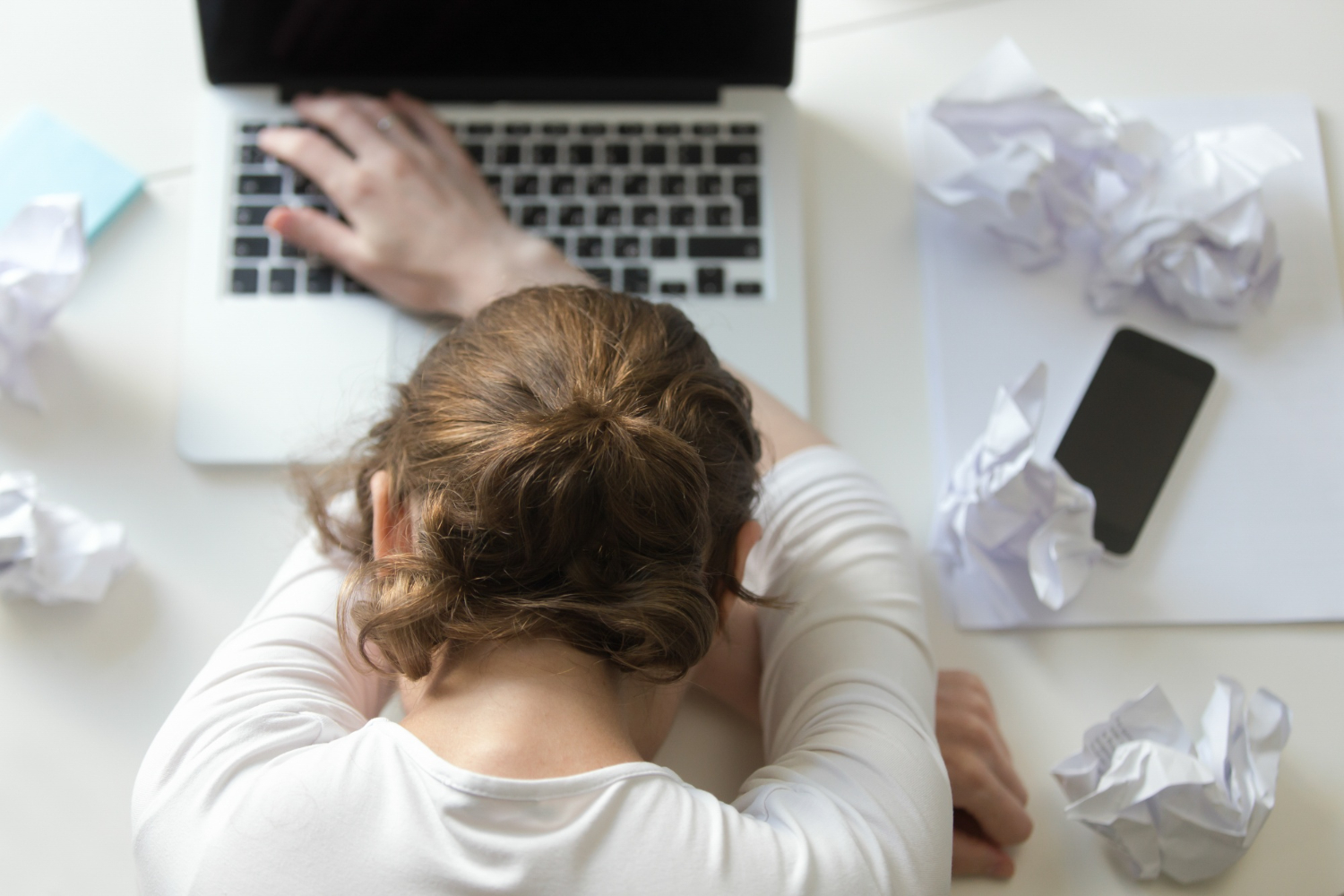For professionals, the demands of the workplace can often lead to work stress and generalized anxiety. Work stress refers to the physical and emotional strain experienced in response to work-related pressures, deadlines, and expectations. On the other hand, generalized anxiety is a mental health condition characterized by excessive worry and fear that persists across various aspects of life, often without a specific trigger.
Differentiating Work Stress and Generalized Anxiety
While work stress is primarily associated with job-related factors, generalized anxiety extends beyond work and affects daily life. Work stress is typically short-term and situational, whereas generalized anxiety is chronic and pervasive. Identifying the source of distress can help distinguish between the two, as work stress is linked to specific work-related challenges, while generalized anxiety is more generalized and may affect multiple areas of life.
Similarities between Work Stress and Generalized Anxiety
Both work stress and generalized anxiety share certain characteristics. Both can lead to physical and emotional symptoms such as restlessness, irritability, difficulty concentrating, and sleep disturbances. Additionally, both can impact overall well-being, productivity, and relationships. It’s important to recognize that work stress can contribute to the development or exacerbation of generalized anxiety, and vice versa.
Treatment Options
Effective treatment options are available for managing work stress and generalized anxiety:
- Self-Care Practices: Engaging in regular exercise, socialising often, practising relaxation techniques like meditation or deep breathing, maintaining a healthy lifestyle, and establishing work-life boundaries can help reduce stress and anxiety.
- Therapy: Cognitive-behavioral therapy (CBT), mindfulness-based therapy, or other evidence-based therapies can provide tools and strategies to manage stress and anxiety effectively.
- Medication: In some cases, medications such as anti-anxiety medications or antidepressants may be prescribed to alleviate symptoms, but often temporarily, to help with engagement with psychological treatment. Consultation with a mental health professional is necessary to determine the suitability of medication.
The Link between Anxiety and Alcohol (drinking)
It is not uncommon for individuals experiencing anxiety to turn to alcohol as a coping mechanism to suppress negative emotions. Alcohol may provide temporary relief, as it can temporarily dull anxiety symptoms. However, relying on alcohol as a coping strategy can lead to a harmful cycle, worsening anxiety symptoms and potentially developing alcohol dependency. It is essential to recognize healthier coping mechanisms and seek professional help to address underlying anxiety issues.
As professionals, it is crucial to differentiate between work stress and generalized anxiety, as well as understand the similarities and interconnectedness between the two. By seeking appropriate treatment options, such as self-care practices, therapy, medication, and support networks, individuals can effectively manage work stress and generalized anxiety. Avoiding unhealthy coping mechanisms like excessive alcohol consumption is key to maintaining mental well-being and achieving a healthy work-life balance. Remember, reaching out for help is a sign of strength and can lead to a more fulfilling and balanced life.
Please note that this blog post by Personal Psychology is not intended to provide professional advice. If you or someone you know is experiencing mental health difficulties, it is important to seek help from a qualified healthcare professional.





